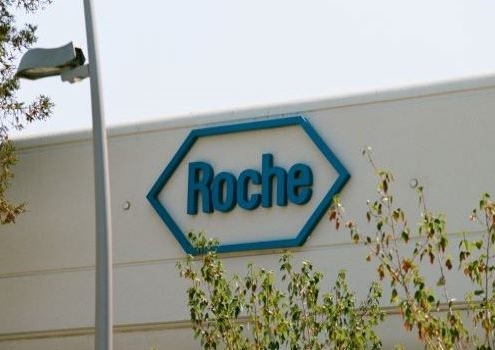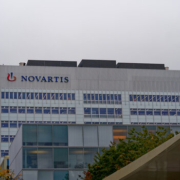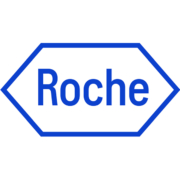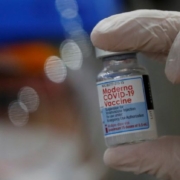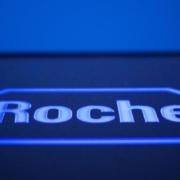Roche drops hemophilia A candidate, prepares for the impacts of IRA
Roche drops hemophilia A candidate, prepares for the impacts of IRA
Published: Jul 27, 2023
By Tristan Manalac
BioSpace
Roche is discontinuing the development of the mid-stage gene therapy candidate RG6358, or SPK-8016, which was previously being assessed as a treatment for hemophilia A patients with inhibitors to factor VIII, the company announced Thursday in its second-quarter earnings report.
The decision to drop the Phase II program comes as the Swiss pharma is preparing for the potential effects of the Inflation Reduction Act (IRA), Roche CEO Thomas Schinecker said during a media call following the release of its financial results, as reported by Reuters.
The IRA, which President Joe Biden signed into law in August 2022, includes a Drug Price Negotiation Program which will empower the Department of Health and Human Services to renegotiate prices for the most widely prescribed medicines.
While it will not be as severely affected as other pharma companies, the pinch from the price negotiation program has pushed Roche to take a second look at its pipeline and business strategy, and also to focus its resources on the most financially viable programs and deals, Schinecker said during the media call.
Aside from the investigational gene therapy for hemophilia A, Roche is also dropping four other early-stage candidates: RG6007 in acute myeloid leukemia, RG7637 in psychiatric disorders, RG6392 in cancer and a vaccine candidate for solid tumors that was being developed in partnership with Massachusetts-based SQZ Biotech.
Despite these discontinuations, however, Roche is moving forward with another hemophilia A hopeful. The Swiss pharma revealed during Thursday’s second-quarter report that it had launched a pivotal Phase III trial for the investigational gene therapy SPK-8011, also dubbed dirloctogene samoparvovec.
In a statement to Endpoints News, a Roche spokesperson said that the trial, called Keystone1, will assess SPK-8011 through a 66-week study period and then follow patients for 10 years to evaluate the candidate’s long-term safety and efficacy.
SPK-8011, along with the discontinued SPK-8016, joined Roche’s portfolio in 2019, when the pharmaceutical giant bought gene therapy specialist Spark Therapeutics for $4.8 billion. At the time, Spark had already generated promising early data for SPK-8011, demonstrating a 97% response rate in hemophilia A patients following a one-time treatment.
Even before the buyout, Spark was already eyeing a Phase III trial for the candidate. Roche is pushing through with these plans and is preparing to open enrollment into Keystone1 later this year.
The Phase III study is also in line with the company’s plan to shore up its late-stage drug development pipeline following several clinical disappointments last year, according to Roche CFO Alan Hippe, who is quoted in a Reuters report.
In November 2022, the company’s investigational antibody gantenerumab fell short of its primary efficacy endpoints in two Phase III Alzheimer’s disease trials. Earlier last year, in March 2022, another Roche antibody failed a late-stage trial, this time in small-cell lung cancer.
Source: BioSpace

